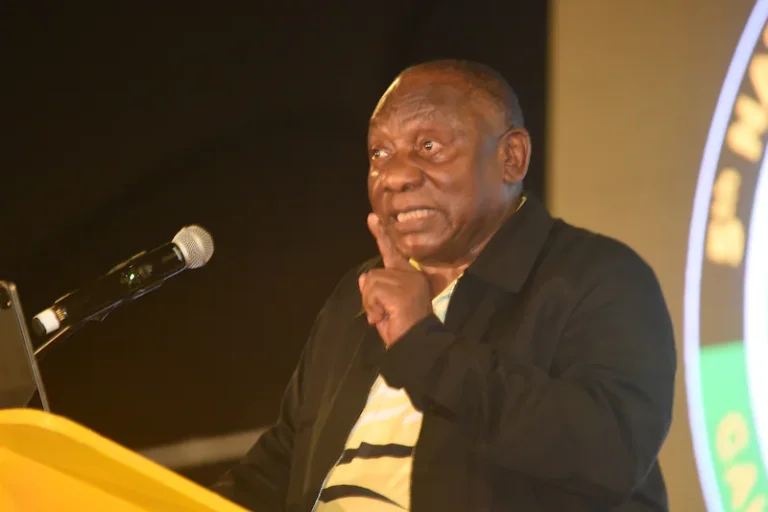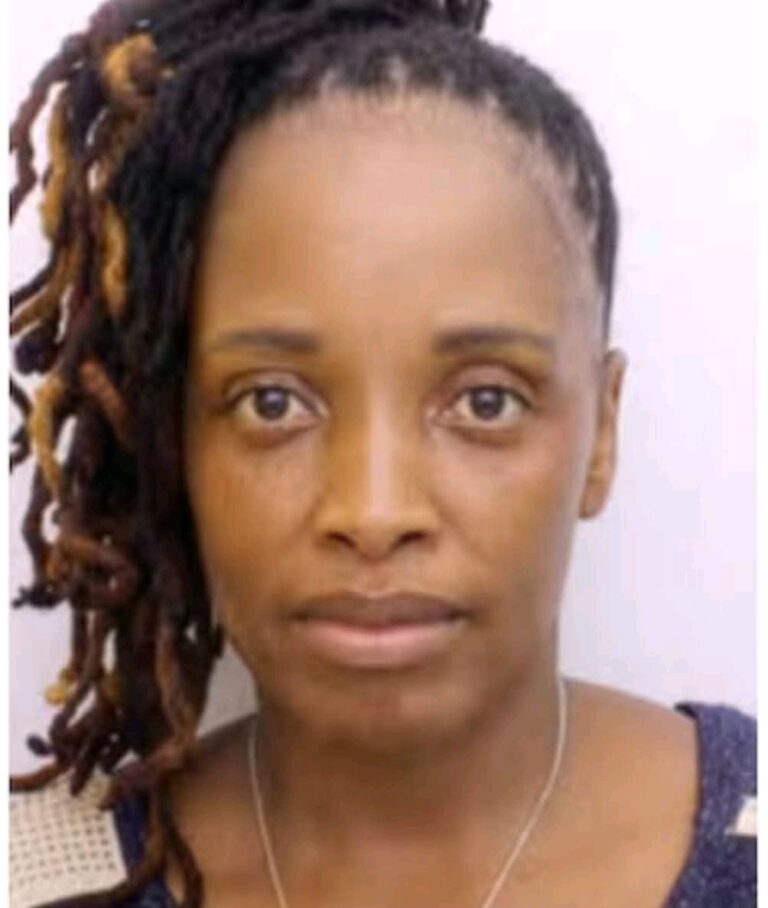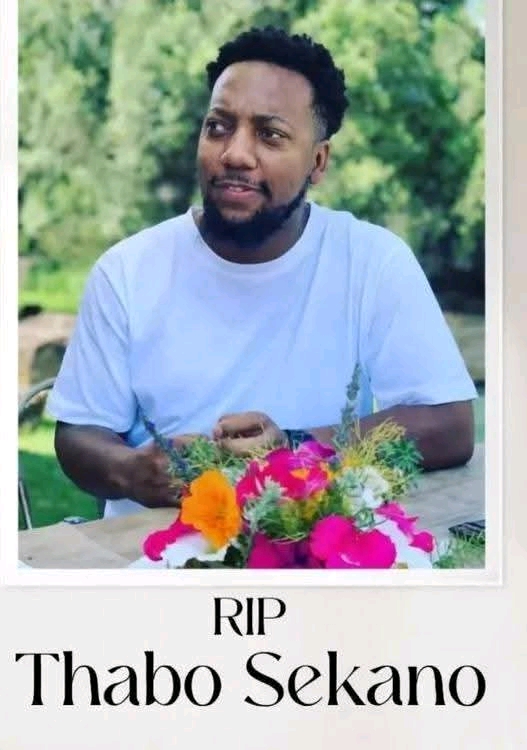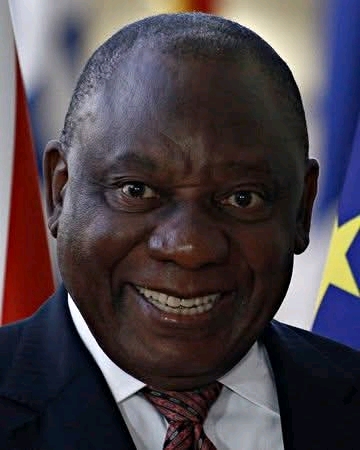
President Cyril Ramaphosa has called on South Africans to refrain from targeting or discriminating against foreign nationals, saying such behaviour is “un-South African” and contrary to the spirit of Ubuntu. His remarks, made during a parliamentary session on Thursday, 6 November 2025, have sparked heated debate across the country, with many citizens expressing frustration over the government’s handling of immigration and public services.
While responding to questions in the National Assembly, Ramaphosa addressed concerns about illegal migration and its impact on the country’s strained healthcare system. He condemned recent incidents where foreign nationals were prevented from accessing public hospitals, reportedly by members of Operation Dudula. The group, known for its anti-immigrant stance, was recently interdicted by the Gauteng High Court in Johannesburg from blocking foreigners’ access to medical facilities.
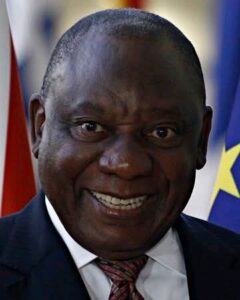
Ramaphosa acknowledged that citizens have valid concerns about job scarcity and service delivery but warned that vigilante actions only tarnish South Africa’s global image. “It is a real blight on the character of our nation,” he said. “Our Ubuntu characteristic must be clearly reflected in how we deal with people of other countries. Targeting foreign nationals is not who we are.”
The president also reminded the public that while compassion is essential, the law must still be respected. He cautioned employers against hiring undocumented migrants, warning that doing so could lead to fines or imprisonment. “The Immigration Act prohibits anyone from employing people who are not documented. Employers who continue to do so are committing an offence,” he stated. Ramaphosa stressed that South Africa remains open to foreign workers — provided they are properly certified and documented.
Despite his appeal for tolerance, many South Africans were unimpressed with the president’s message. Social media platforms were abuzz with criticism, with citizens arguing that the government’s failure to manage borders and public resources has fueled resentment toward immigrants.
One user, Gillian Muller Olivier, commented that the issue stems from government mismanagement rather than public intolerance: “If the government used taxes effectively, perhaps public facilities would better assist citizens. People wouldn’t feel the need to compete for resources.” Francois Boems Swart echoed the sentiment, saying poor border control was at the heart of the conflict.
Others accused Ramaphosa of being out of touch with citizens’ realities. “If they followed the laws and tightened the borders, there would be no need for vigilantism,” said Duduzile Thanjekwayo. “Employ South Africans first, and let foreigners work only in scarce-skill sectors.”
Another citizen, Mankgae Phaka, argued that government inaction has forced people to take matters into their own hands. “For years, they ignored illegal immigration, and now that citizens are speaking up, we’re called vigilantes,” Phaka said.
Meanwhile, in Durban, civil group March and March held a peaceful protest on 7 November, urging authorities to crack down on illegal immigrants and rising crime in the city. The organisation’s leader, Jacinta Ngobese-Zuma, warned that many urban areas were becoming unsafe and demanded stronger enforcement of immigration laws.
Ramaphosa’s remarks have reignited a long-running national debate over immigration, law enforcement, and social justice — highlighting the delicate balance between compassion and accountability in South Africa’s democracy.


